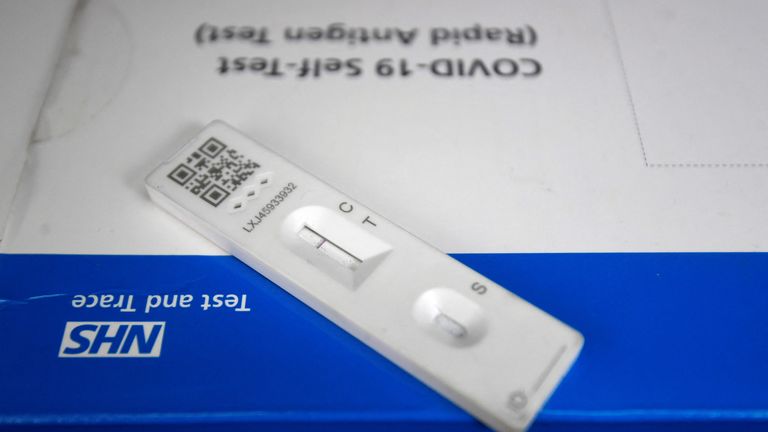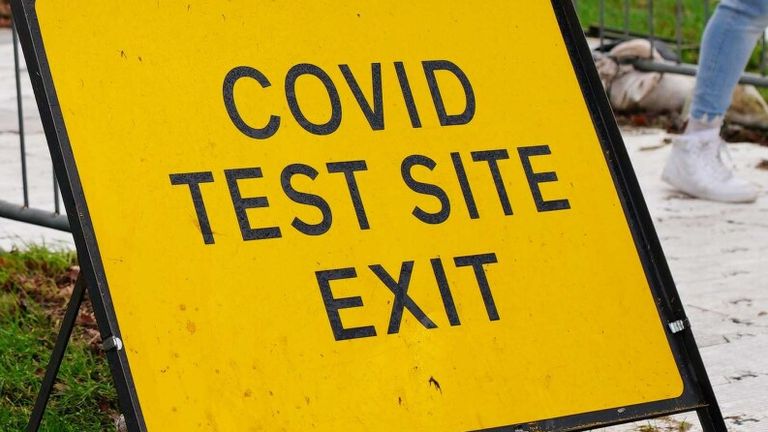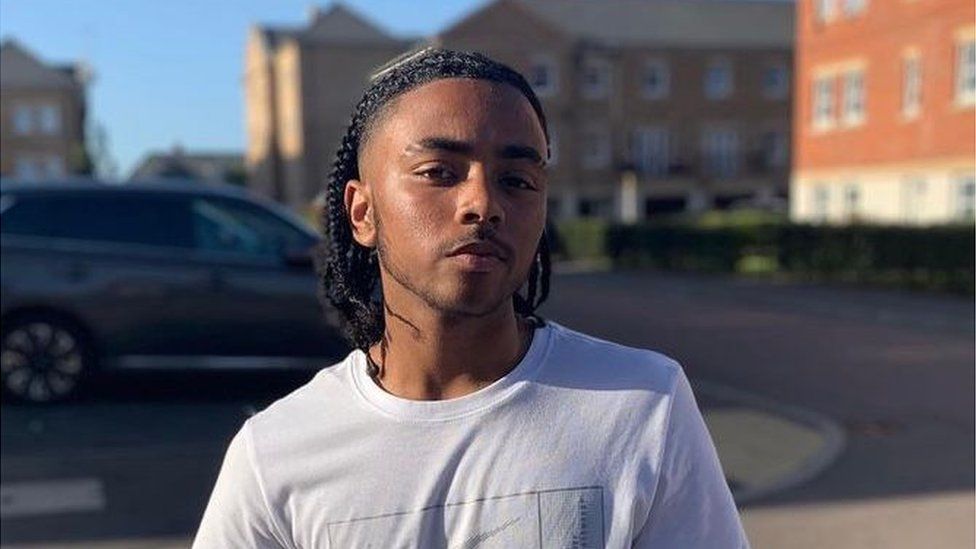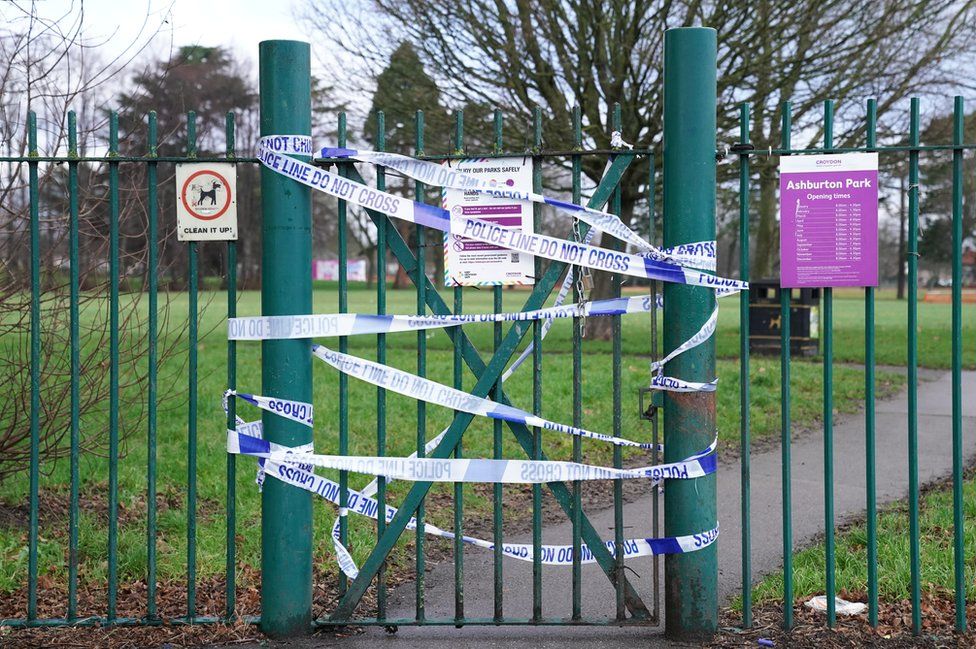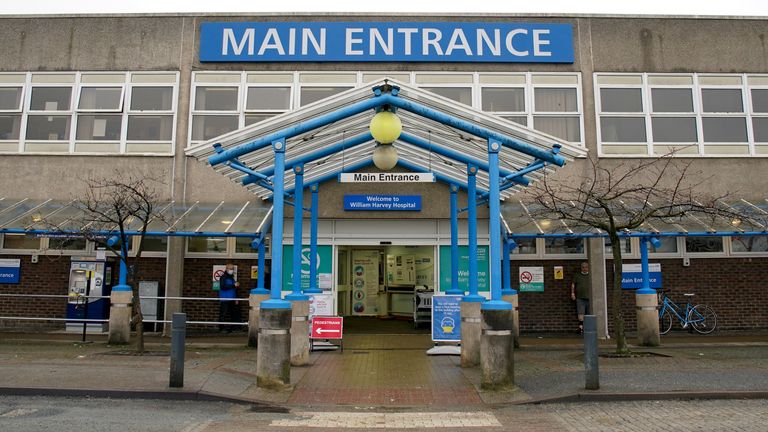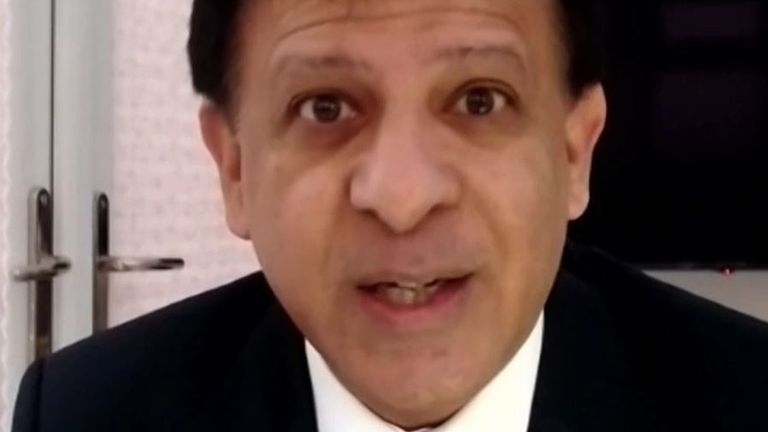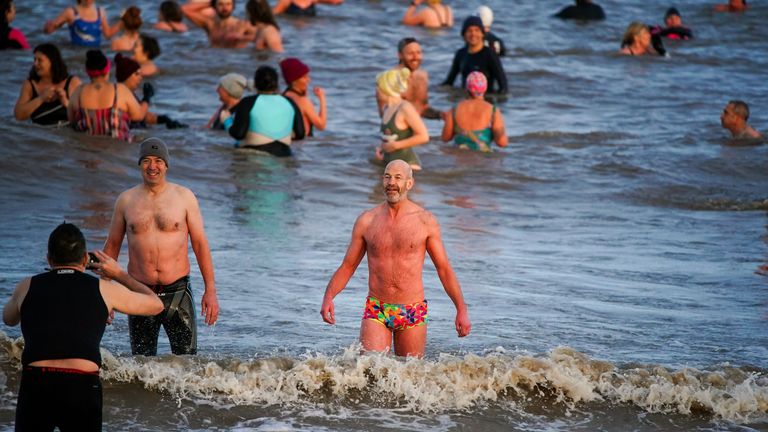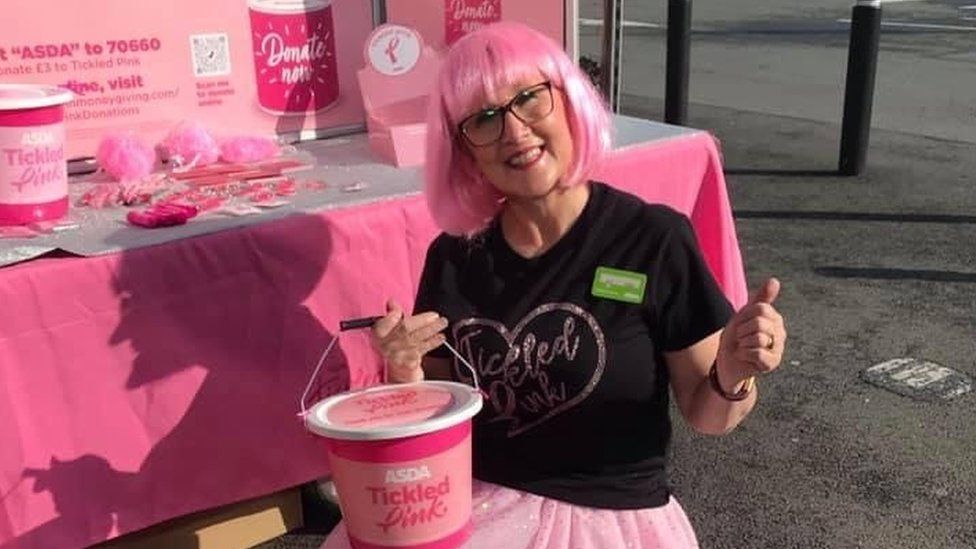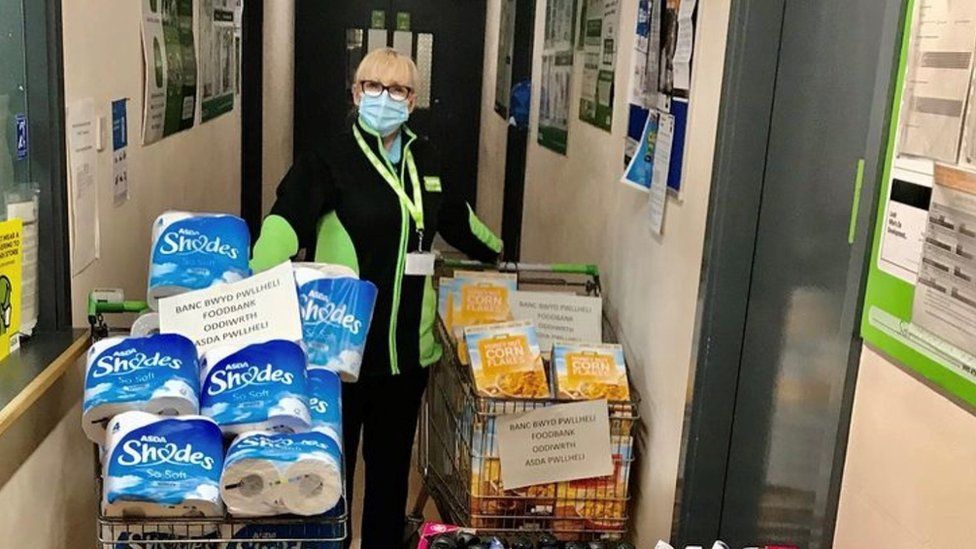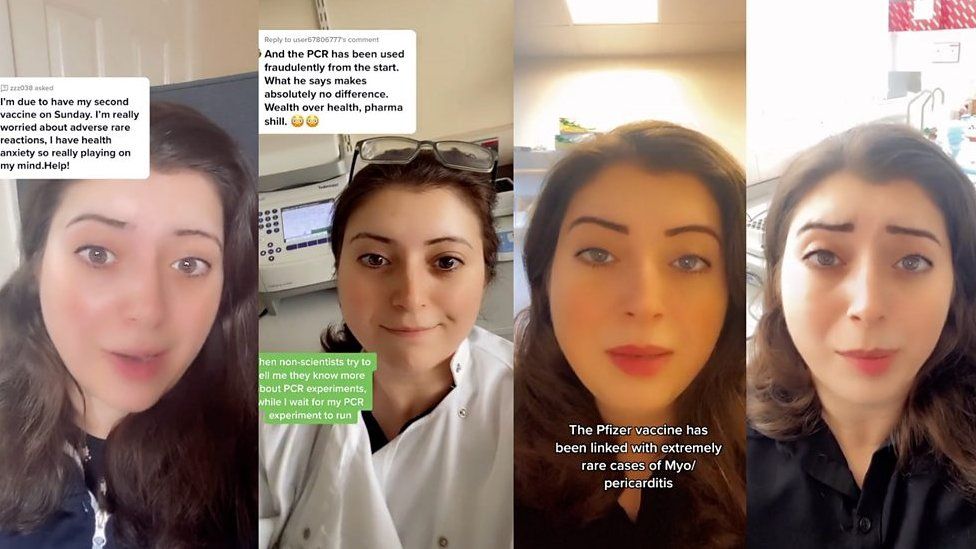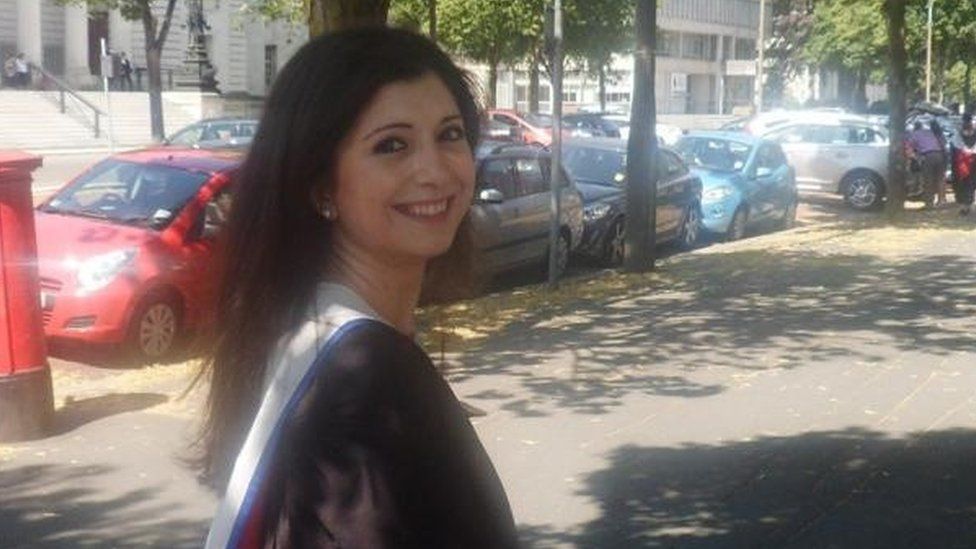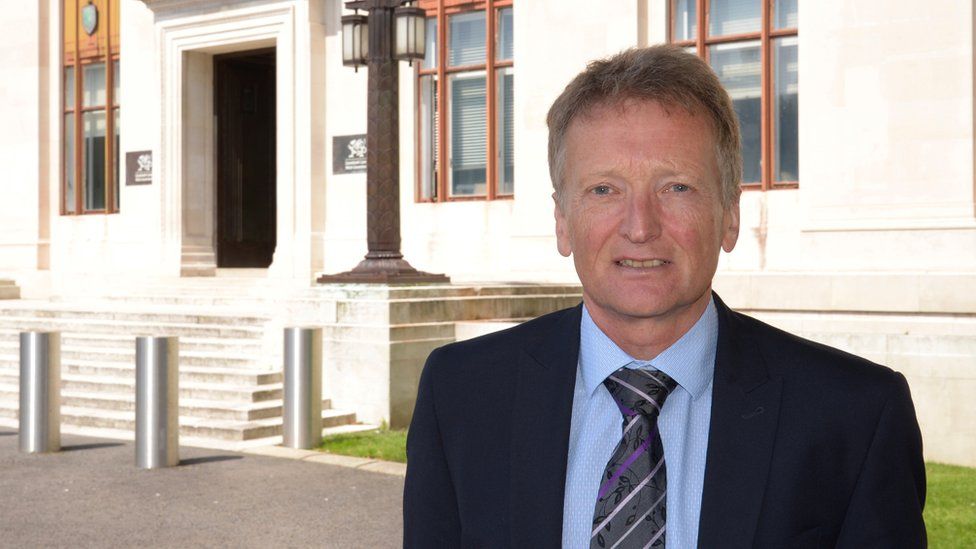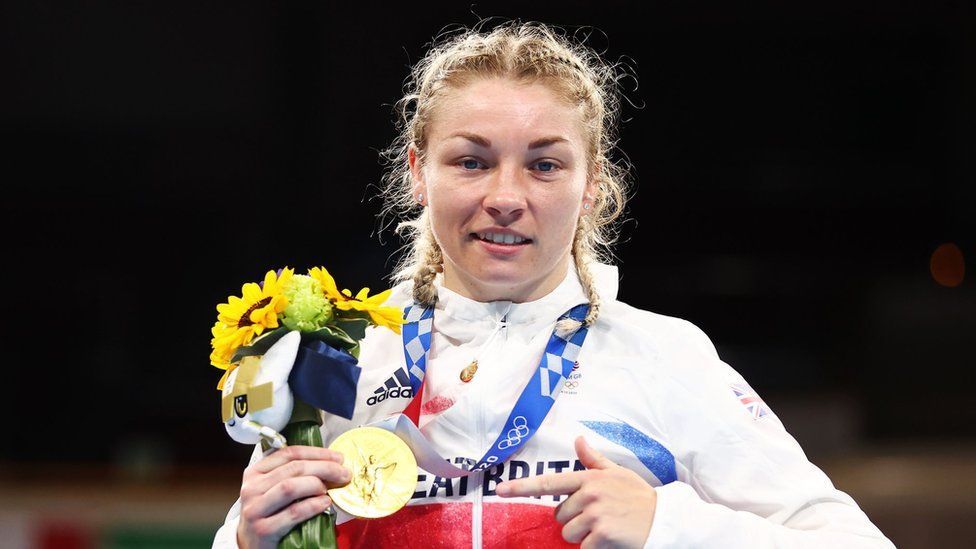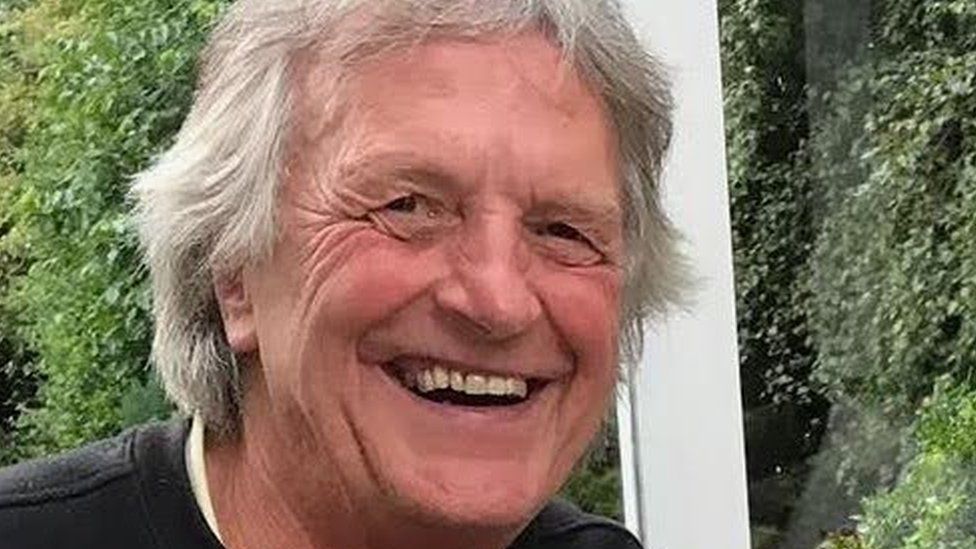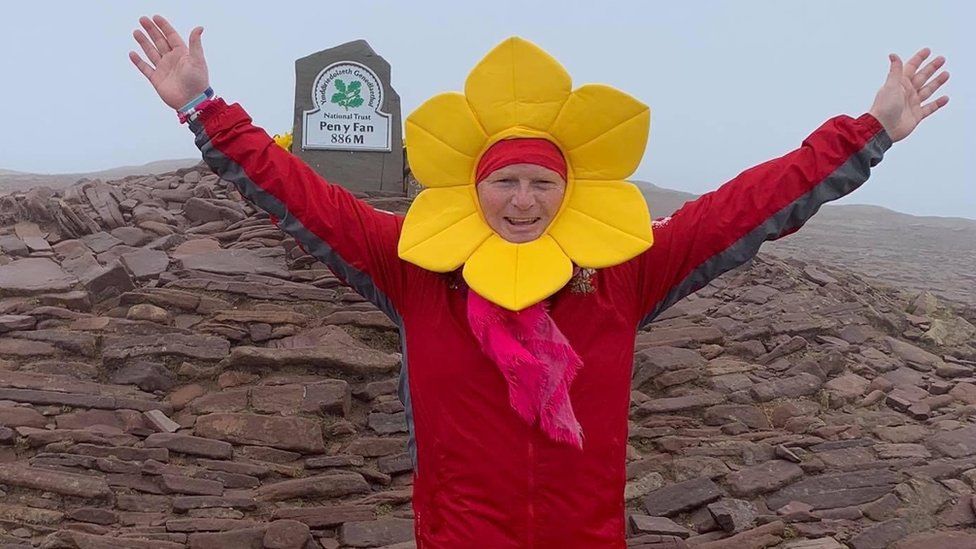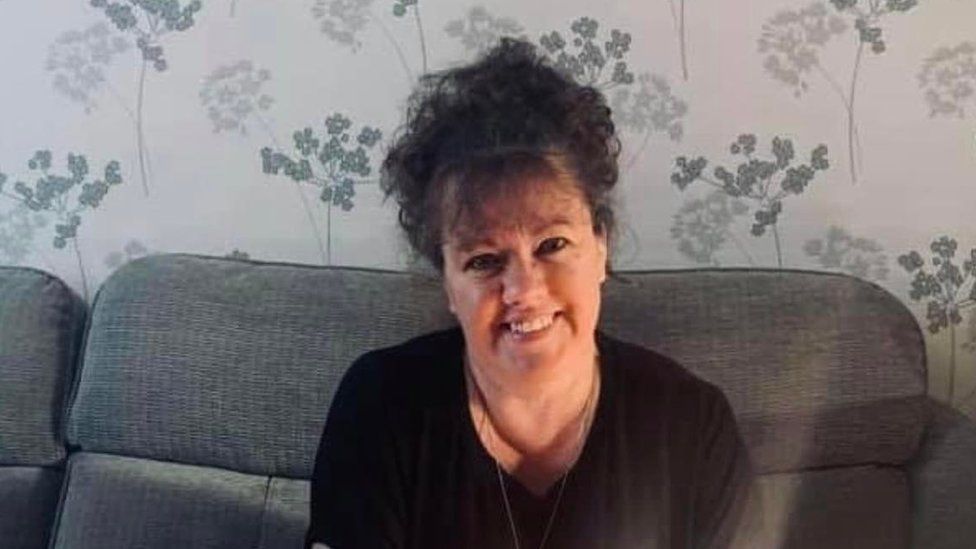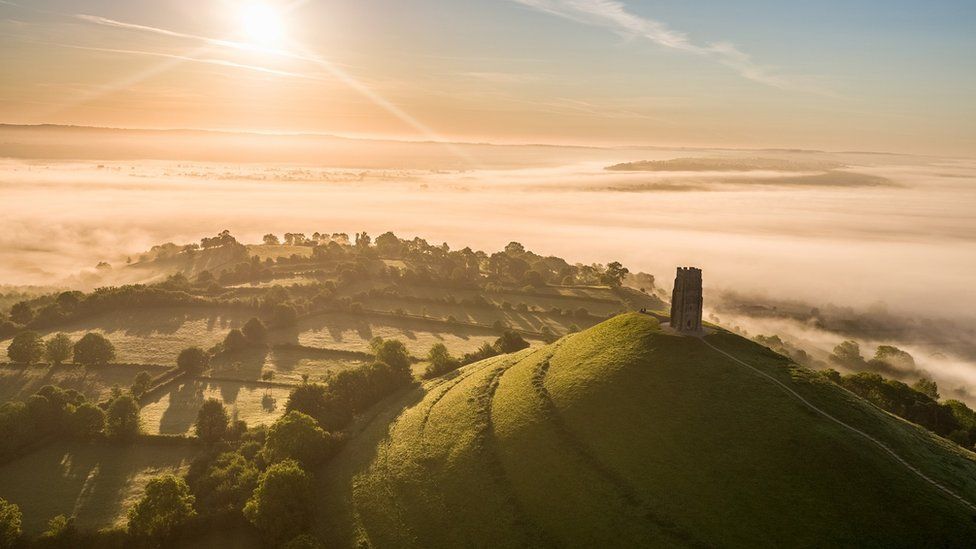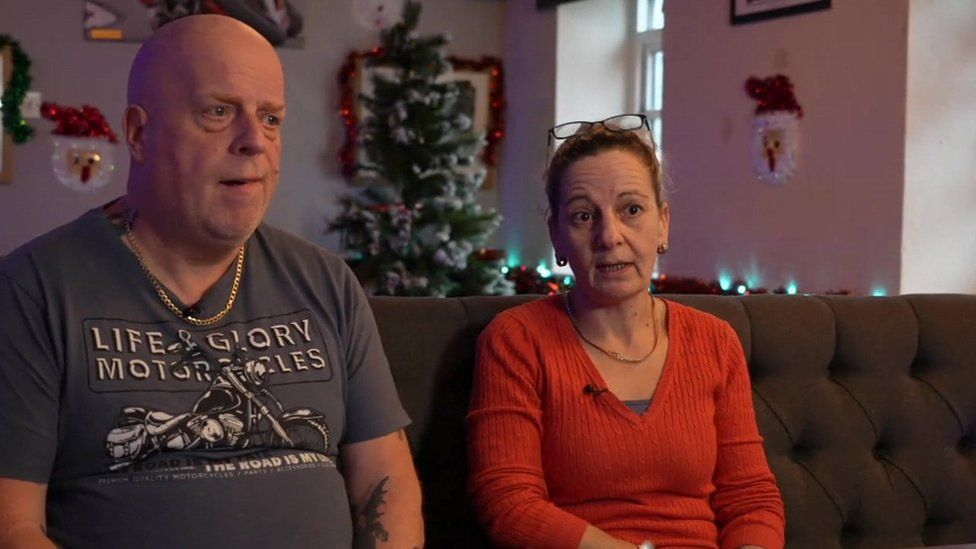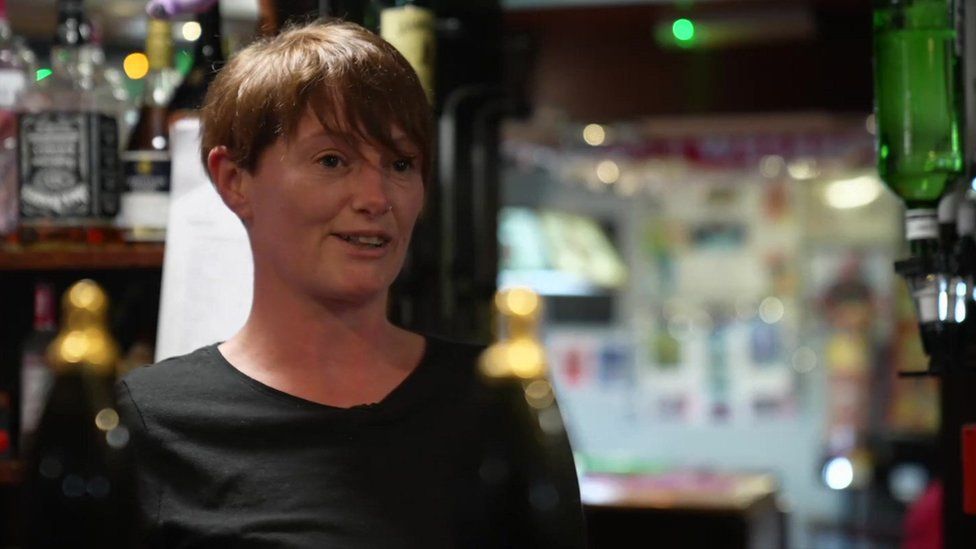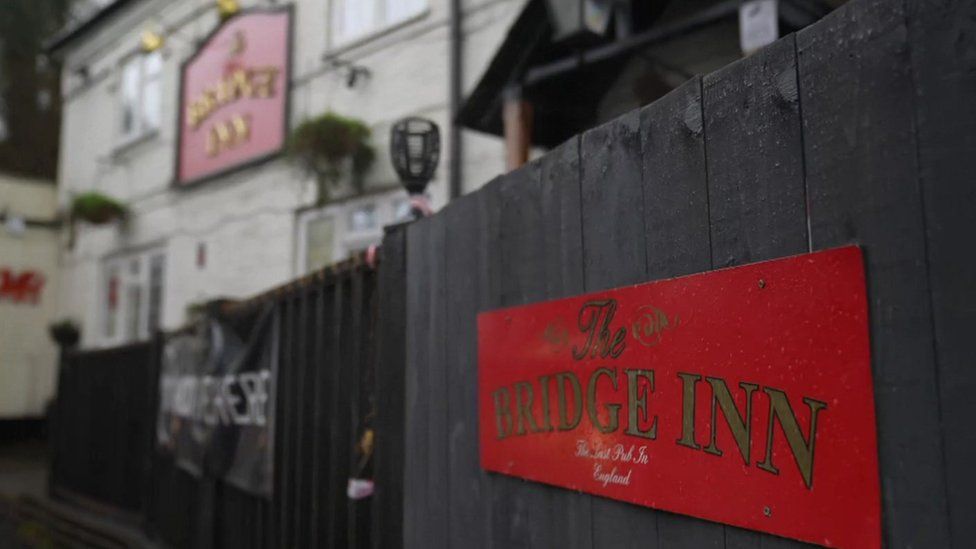England has reported a record high of 162,572 new COVID cases along with a further 154 coronavirus-related deaths in the latest 24-hour period, according to official data.
The latest figures compare with 160,276 cases and 178 fatalities recorded in England yesterday.
The government usually releases daily figures for the whole of the UK, but Scotland, Wales and Northern Ireland have not released their data today.
The government figures also show there were 12,395 people in hospital with COVID in England on New Year's Eve - the highest number since 25 February last year, when there were 12,449 hospitalisations.
Follow live COVID updates from the UK and around the world
Data last month showed 71% of COVID patients were primarily being treated for the virus, while 29% were there "with COVID", suggesting they tested positive on arrival for another ailment or tested positive during their stay. Some medics call the latter group incidental COVID patients.
The UK reported 189,846 cases on New Year's Eve - a record total for all four nations in the pandemic.
A further 203 people died within 28 days of a positive coronavirus test.
The latest figures for England come as the health secretary said further COVID restrictions are an "absolute last resort" and the UK will have to "live alongside" the virus in 2022.
Sajid Javid said the wave of Omicron infections will "test the limit of finite NHS capacity even more than a typical winter", with reports suggesting a return to the work from home order in England could be installed in January to halt the spread of the variant.
The record number of cases in recent days is in spite of difficulties accessing lateral flow and PCR tests.
PCR tests have now completely run out across the UK, according to the government website.
People must have COVID symptoms to be eligible for such a test.
Leading scientists had warned that shortages of COVID tests across the UK were a "great concern" ahead of New Year's Eve.
Mr Javid said the government will triple the supply of lateral flow tests to 300 million per month by February, but added that as current shortages persist "we expect to need to constrain the system at certain points over the next two weeks".
It comes as data showed another 92 people had their first dose of a COVID vaccine on 31 December but this figure was just for Northern Ireland. England, Scotland and Wales have yet to update their figures.
Also in Northern Ireland, 161 more people had their second jab, while 3,037 received their booster or third dose.
https://news.google.com/__i/rss/rd/articles/CBMijAFodHRwczovL25ld3Muc2t5LmNvbS9zdG9yeS9jb3ZpZC0xOS1lbmdsYW5kLXJlcG9ydHMtMTYyLTU3Mi1uZXctY2FzZXMtYW5kLTE1NC1mdXJ0aGVyLWNvcm9uYXZpcnVzLXJlbGF0ZWQtZGVhdGhzLWRhaWx5LWZpZ3VyZXMtc2hvdy0xMjUwNzE3NNIBkAFodHRwczovL25ld3Muc2t5LmNvbS9zdG9yeS9hbXAvY292aWQtMTktZW5nbGFuZC1yZXBvcnRzLTE2Mi01NzItbmV3LWNhc2VzLWFuZC0xNTQtZnVydGhlci1jb3JvbmF2aXJ1cy1yZWxhdGVkLWRlYXRocy1kYWlseS1maWd1cmVzLXNob3ctMTI1MDcxNzQ?oc=5
2022-01-01 17:27:55Z
1214065659
